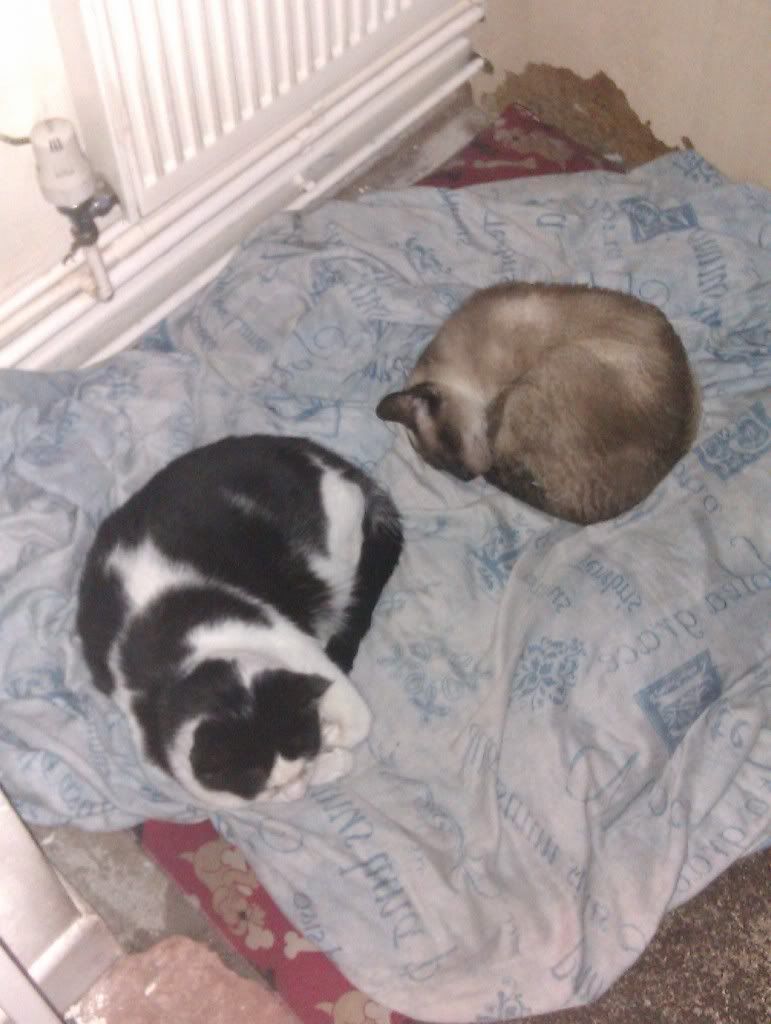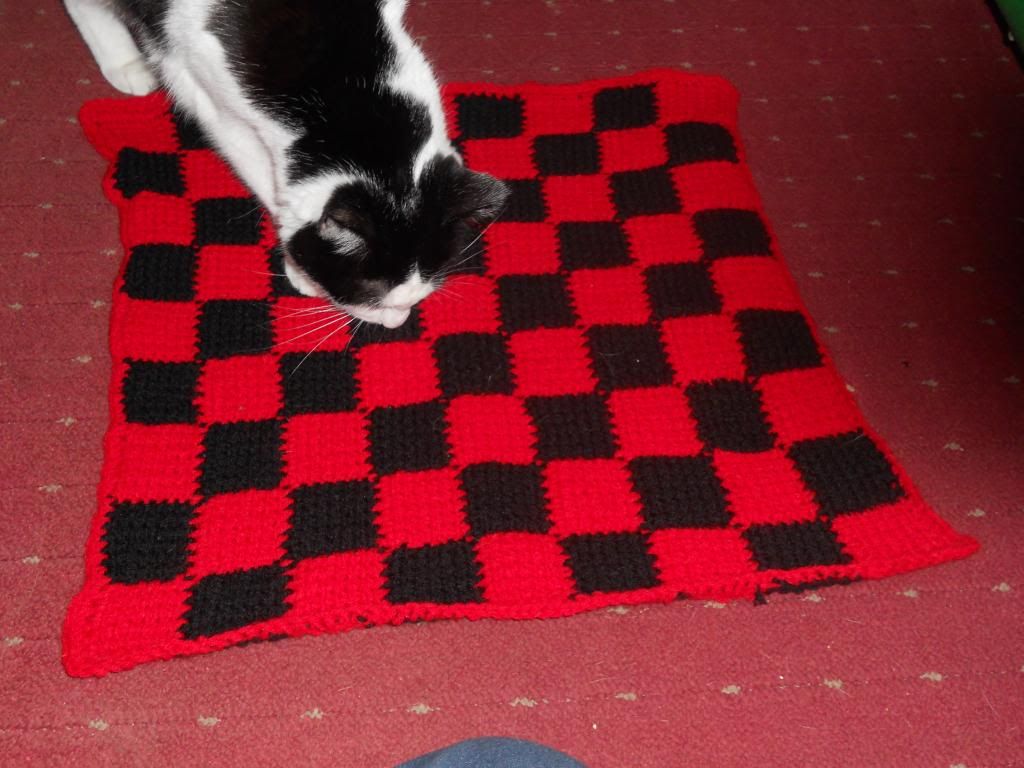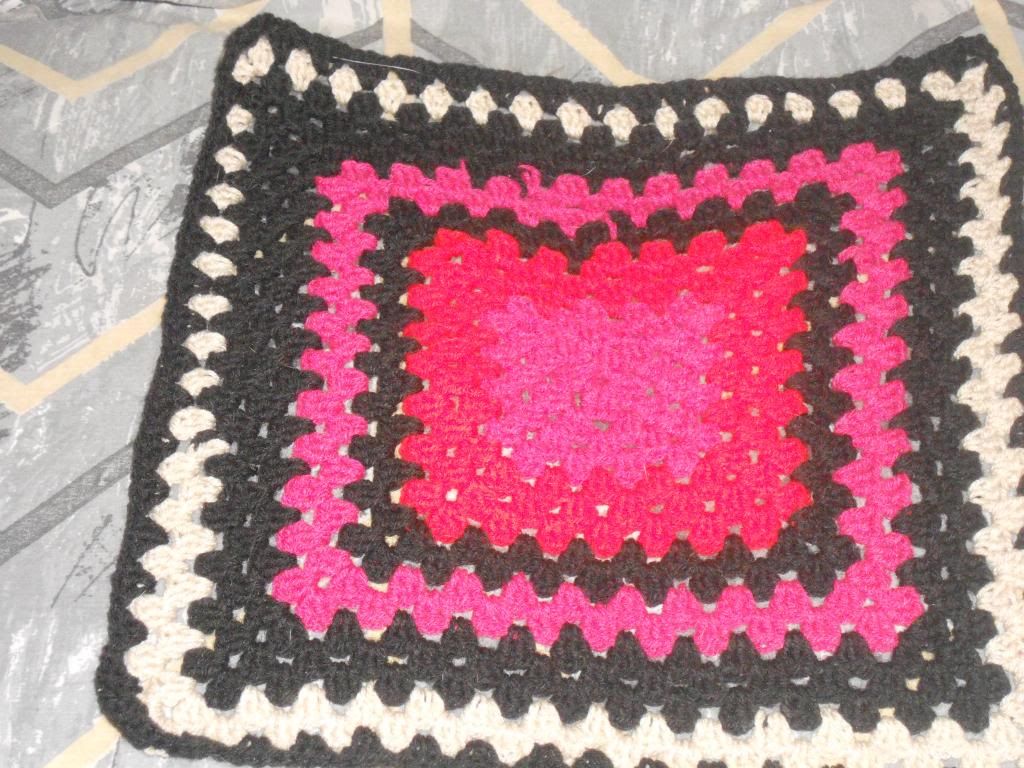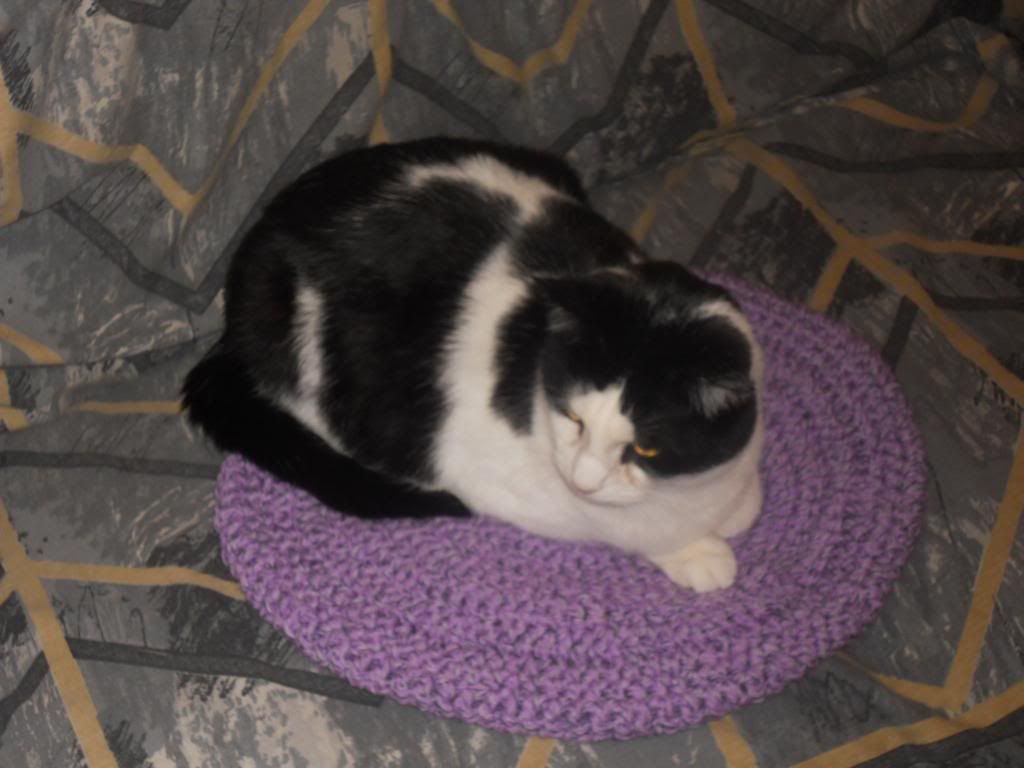Sheba is doing great, she just takes everything in her stride and nothing fazes her she was 6 years young in February and never been to the vet apart from routine vaccinations and a hot spot, she's loving this warm weather and getting out more.
I'm really proud of the both of them the way they deal with new situations, with Mum suffering from Alzheimer's and Anne and I taking turns to care for her it can't be easy on Sheba and Cody hopefully we will know more next month on what's happening.
I've just been sent this infographic from Ron Rutherford @ Havahart Wireless and though it was very informative and well worth sharing especially now the weather is warming up.

What’s the Difference Between Fleas and Ticks?
Though both pests look similar, fleas and ticks have very different life cycles and habits. Fleas tend to stick to one host for the duration of their lives, which can last for more than 100 days. Adult fleas lay 20-40 eggs per day for several weeks and these eggs are shed wherever the host goes.Ticks, on the other hand, have multiple hosts throughout their life, which can last up to 3 years. Female ticks can lay thousands of eggs but only once in their life and immediately afterwards they die.
Ticks can also transmit deadlier diseases than fleas. Fleas spread bartonellosis and tapeworm. Ticks spread Lyme disease and Rocky Mountain spotted fever.
Can Humans Get Fleas?
It’s not just your pets who are at risk. Fleas bite humans, too. Their bites look like small, red bumps with a red halo around the center. Most often, you’ll find their itchy bites around your ankles or waist.Most humans don’t contract any diseases from flea bites but that’s not the case for your pets.
How to Get Rid of Fleas and Ticks?
It’s important to keep your lawn cut short and to vacuum your home at least once a week to keep fleas and ticks away.Here are a few tips for flea and tick prevention on dogs and cats:
- Wash your pet’s bedding 1-2 times per week.
- Always check pets for fleas and ticks after they come in from outside.
- Provide a flea collar, topical or chewable flea preventives for your pets.
- Keep your pet away from dense shrubbery and tall grass.





























